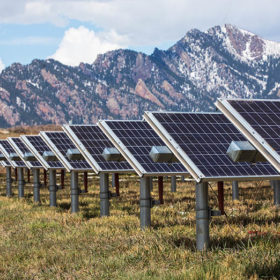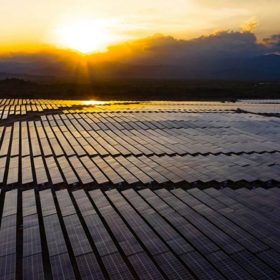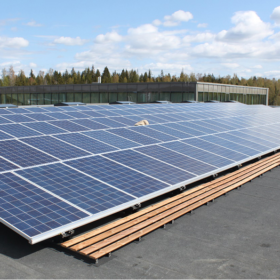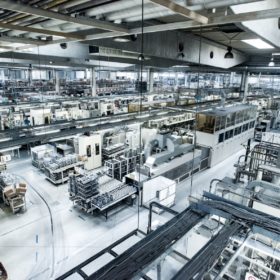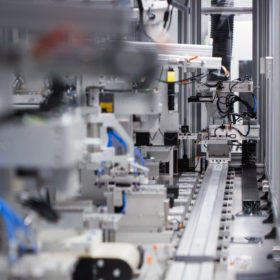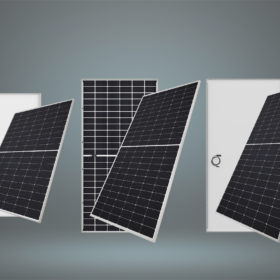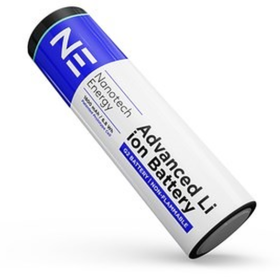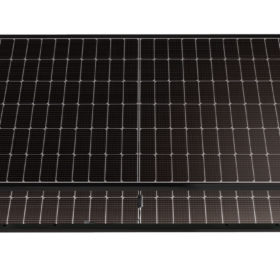Cooling down solar modules by increasing space between panel rows
A US research team claims to have demonstrated that increasing the spacing of solar panels between rows improves PV system efficiency and economics by allowing airflow to cool down the modules. The method could improve a project’s LCOE by as much as 2.15% in certain climates.
Vietnam set to open renewable energy market to PPAs
The Vietnamese government has been working on a scheme to allow bilateral power purchase agreements (PPAs) since 2020. The start of the pilot scheme has been delayed and is now expected for the first quarter of 2023. The official program would launch in 2025.
Finland to extend net metering to all PV systems in 2023
At present, only a few distributors offer net-metering services in Finland, meaning that only a small share of PV systems are net-metered. In 2023, all PV systems will be offered net metering through the country’s new centralized information exchange system for the retail electricity market.
Daikin to scale up heat pump output in Czechia
The Japan-based manufacturing company has revealed plans to increase fivefold its production of heat pumps at its facility in Czechia by 2025.
Semi-solid flow battery tech promises to lower production costs by up to 40%
While still using conventional lithium-ion raw materials, 24M’s technology is said to reduce the number of steps required to manufacture battery cells and thereby the cost by up to 40%. The US company’s SemiSolid design is also said to deliver improved energy density, safety and recyclability.
Sharp raises power output of three half-cut solar modules
The IEC/EN61215 and IEC/EN61730-certified panels are all updated versions of existing products. The manufacturer raised the ouput of each by 5 W.
PV InfoLink forecasts polysilicon prices to be halved by end of 2023
The consulting firm expects prices to decline gradually through the first semester of 2023, followed by an accelerated decline in the second half of the year, with prices falling from the current CNY 300 ($36.64)/kg to below CNY 150/kg by the end of 2023. Polysilicon production capacity may increase from 500 GW in 2022 to 975 GW next year.
Netherlands may add 3.3 GW of new solar this year
According to state-run agency RVO, solar may reach 17.6 GW of installed capacity by year-end, thus becoming able to cover more than 12% of the country’s electricity demand.
Non-flammable, graphene-based lithium-ion batteries approaching stationary storage market
US-based Nanotech Energy’s graphene battery uses proprietary electrodes with a thermally stable separator, and non-flammable electrolyte that is said to be inexpensive to manufacture. The technology is said to be superior in terms of safety and competitive in terms of cell performance.
Recom launches bifacial heterojunction solar panel with 395 W output
Recom’s newest solar panels feature efficiencies of up to 21.68% and a temperature coefficient of -0.24% per degree Celsius. The company is offering a 30-year power output guarantee for 91.25% of the initial yield.
